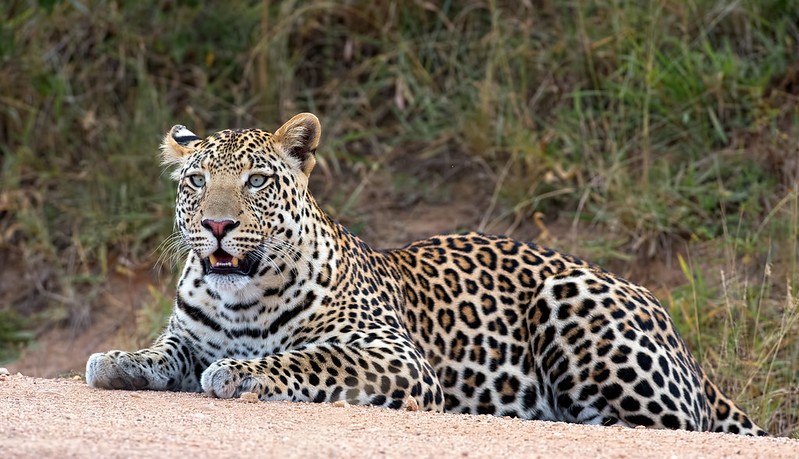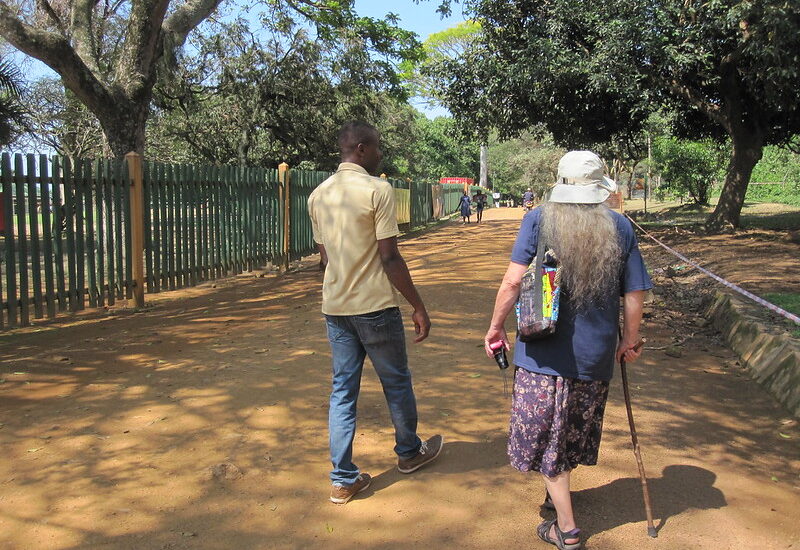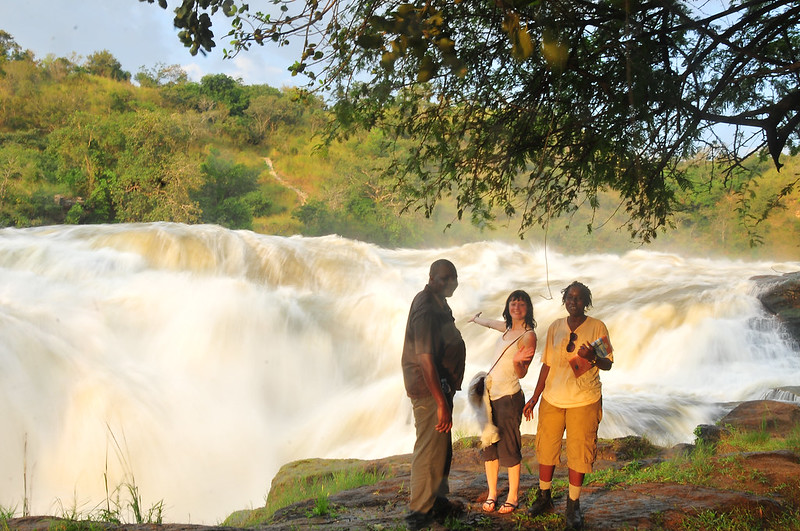Where to see Leopards in Uganda? In Uganda, where may one see a leopard? Leopards…
Ishasha Sector of Queen Elizabeth National Park
Ishasha Sector of Queen Elizabeth National Park.
One of the most popular parts of Queen Elizabeth National Park is the Ishasha sector, which is home to tree-climbing lions and other unique wildlife. The park is located in western Uganda and is the second biggest national park in the country, behind Murchison Falls.
The Ishasha sector is particularly well-known for its Savannah grassland, which is home to acacia and fig trees, as well as its riverine forest and breathtaking landscape, which provide excellent views of the animals that live in and around the Savannah grasslands. Overall, Queen Elizabeth National Park is a must-visit destination for animal lovers. Here are some of the most well-known features of Queen Elizabeth National Park’s Ishasha region.
One of the most prominent features and the focal point of every safari in Queen Elizabeth National Park are the tree-climbing lions of the Ishasha section. The lions perch on fig and acacia trees, surveying the savannah plains where the antelopes graze. Because of the abundance of kobs and other prey, predators like lions and leopards have begun congregating in the region.
The lions in Queen Elizabeth National Park’s Ishasha sector tend to climb and remain in trees for a few of reasons. Firstly, as the earth grows hotter during the dry season, they seek refuge from the heat by climbing up into the trees.
After a long day of hunting, they unwind by climbing trees. Additionally, lions will often perch on trees to keep an eye on the antelopes that are out and about in the forest; hence, the larger trees have become a prime location for lions to spy on their prey.Get the lowdown on those lions who climb trees.
Various other kinds of animals
In addition to tree-climbing lions, game drives in the Ishasha region of Queen Elizabeth National Park often reveal other animals, such as forest elephants, buffalo, Topi, Uganda Kob, warthogs, waterbucks, and hippos.
Winged creatures. Among the many bird species found in Queen Elizabeth National Park, the Ishasha sector is a prime spot for birdwatchers. Species such as the African darter, giant kingfisher, osprey, long-toed plover, grey-headed kingfisher, veracious dove, black-headed lapwing, abyssinian ground, hornbill, rock pratincole, black-billed barbet, long-tailed nightjar bird, woodpecker, vulture, African green pigeon, white-headed barbet, grey-backed fiscal, and many more can be seen in this park. Ugandan birding expeditions in the Ishasha area are second to none.
![]()
In the Ishasha area of Queen Elizabeth National Park, you may see wildlife.
Queen Elizabeth National Park in Uganda is a great place to see wildlife.
Ishasha sector visit timings
Visitors are welcome at any time of year, and the park’s activities never end. However, if you’re hoping to see a lot of birds, you’re best off visiting during the dry season, which begins in June and continues through August, September, December, and February, when there is typically very little rain.
During the dry season, when the Savannah vegetation is short, they enable you to watch the birds clearly in the open. Plus, you’re more likely to see a variety of species on game drives throughout the park at this time. The park is much more manageable in the dry season due to the lack of moisture on the paths.
Queen Elizabeth National Park’s Ishasha Sector Accommodations
There are a variety of lodges inside the park that provide suitable lodging for guests, including the Marafiki safari lodge, the Enganzi Game lodge, the Mweya safari lodge, the Engazi lodge, and the Queen Elizabeth bush lodge, among others.
The lodges provide quality lodging in spacious rooms, as well as a variety of services, such as a bar and restaurant serving both local and international cuisine, a fireplace, internet access, and craft shops for those who may need to buy some supplies, among other things.so that your safari experience in the Ishasha area, where you may see wildlife up close, is as enjoyable as possible.
Directions to the Ishasha area
From Kampala, the capital of Uganda, via Mubende, the fort portal to Queen Elizabeth National Park, and finally to the Ishasha sector, one can reach the area by either flying there or taking a road trip, which, on good roads, will take about eight or nine hours.
You can reach Ishasha Sector from Lake Mburo National Park in approximately 6 hours by car, or from Bwindi Impenetrable Forest National Park in about 2 hours. Another option is to drive to Ishasha Sector via Mweya Peninsula in Queen Elizabeth National Park, which takes about 2 hours by car.
You may reach Queen Elizabeth National Park by domestic chartered flights; for example, you can arrange a flight from Entebbe International Airport or Kajjansi Airstrip to Mweya Airstrip inside the park, and then travel to the Ishasha sector.
Those planning a safari in Uganda should be sure to spend time in the Ishasha area of Queen Elizabeth National Park. Queen Elizabeth National Park offers a wide variety of exciting activities that can be combined with your safari in the Ishasha sector.
These include lion trekking on the Kasenyi plains, a boat cruise on the Kazinga channel, game drives, nature walks, community visits, and mongoose trekking on the Mweya peninsular, among many others. Add all of these things to your safari planning, and you’re sure to have an adventure you won’t soon forget.No matter where you’re going in Uganda, Monumental Expeditions and Safaris can help you plan your safari.


